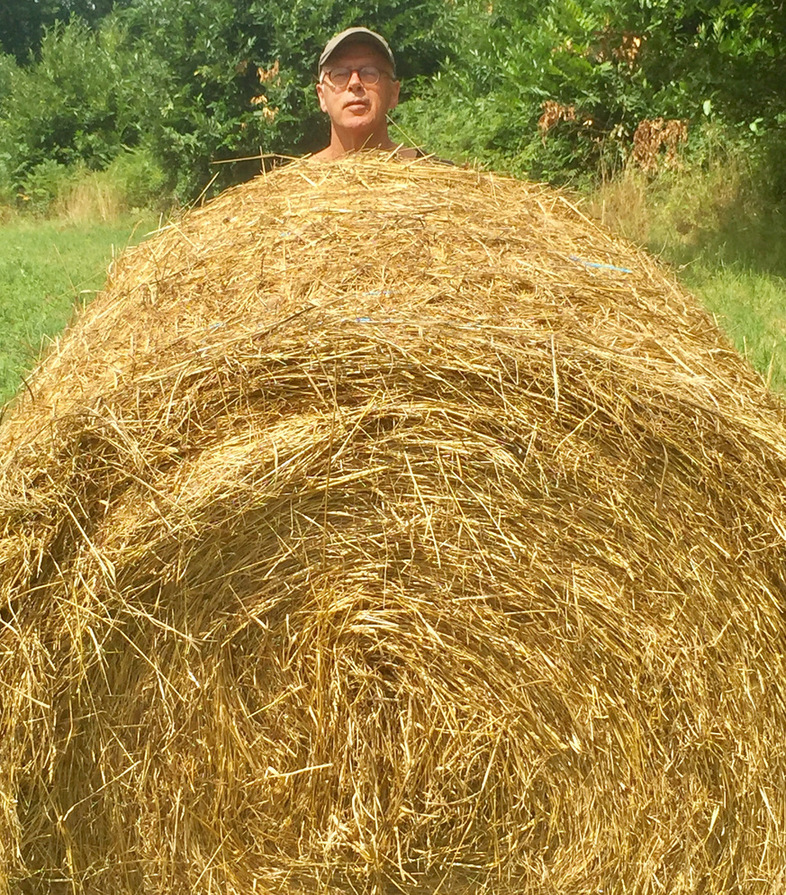On Circling and Authentic Communication

The more you understand yourself and your emotions
the more you necessarily love God
Baruch de Spinoza
Spinoza used ‘God’ for the infinite interdependent whole of which we are all part, the substance of the universe. The way I understand this quote is as saying that the road of self understanding – the road of gaining wisdom by looking at the turmoil inside – leads to a deeper and deeper connection to the ground of all being. So how do we go about understanding ourselves and our emotions?
What is Circling?
Circling is a relational (or intersubjective) meditation practice that I learned about in 2017. The practice brings attention and awareness to how it is to be together with a group of people, with the intention of communion: the sharing from the heart of immediate truth. We share about how it feels in our body to be with the others. We share our world and get the worlds of others, from a position of pure curiosity, without judgement.
Circling blends heart-to-heart communication, improvised theatre, poetical expression, and meditation. It is about the experience of connection to other people, about understanding the world of another person, about celebrating togetherness with others where they are right now.
Circling and authentic communication include awareness and respect for the experience of others as something as real and valuable as our own. This starts from empathy, and tries to overcome tendencies to project our unresolved fear, hurt, anger and blame to others. We accept the responsibility to correct, heal and transform what is out of balance inside of us, and we enlist the help of others to reveal our still unresolved inner conflicts to us and to heal them.
The challenge is to be fully present in the moment, and to accept and embrace what is real and true for us. The spontaneous group energy may lead to unexpected results. It may also be that there is just silence. There is nothing that needs to happen. Many things become possible.
In circling and authentic communication we help each other with the process of looking inside, by opening our hearts to those around us. We first create a space together of mutual trust, so that it is safe to drop our armour and weaponry and be vulnerable. Then we just express ourselves and see what happens. And what happens might be something entirely new, fresh, poetic, even mystical.
Turning to the Bright Light Inside
Authentic communication is a style of communicating rooted in respect, peace, truth and inclusiveness. It is an invitation to get in touch with our deepest truth, and share with others from that place. By being true to ourselves we learn to be true to others. Authentic communication is an invitation to be fearless and gentle at the same time. We are invited to be fearless in revealing what matters most to us. We are invited to be gentle with others as they reveal to us what matters most to them. We are invited to drop our stories and be together with what is.
Authentic communication is our birthright, and because of that, it does not need licensed teachers. Or, the only licensed teachers I know are self-licensed. So why don’t we all license ourselves? We can all be our own gurus, our own shamans, our own priests, our own teachers. We can all turn directly to the bright light inside of us. We can all drink directly from the ever flowing well of living water. There is no need to buy bottled water anymore once we become aware that we all have direct access to the infinite source inside.
These days, I regularly open my house for evening practices of circling and authentic communication. What happens during the sessions is quite unpredictable, but participants find it rewarding.
Some Important Questions
The practice allows us to grow in interpersonal awareness, and the evenings also can be used as an occasion to reflect on important questions that show up in connection with authentic relating, and that we all have to come to grips with as we grow in authenticity, and develop our presence.
What does it mean to come from a place of love? Love of self? Love of others? What are recipes and practices for opening our hearts?
What does it mean to own our experience? To be truthful to ourselves about what we experience? To be willing to look inside instead of just pointing the finger outward? But how to express this to others? What if our expression may be harsh to others?
What happens when we sense that our authentic expression cannot be received? When is there value in witholding our expression? Radical honesty with oneself is quite a challenge. Radical honesty with others may be more than they have asked for. How can we avoid hurting others with our honesty?
Does willingness to drop our stories about ourselves and others imply that we should also drop our judgements? How is that even possible? Is there still a place for exercising sound judgement, and if so, what is it?
How can we bring our authentic relating skills – as learned and practiced in circles with like-minded people – into our personal relations and into the world? Is it perhaps easier to practice this with strangers than with those we live with? And why would that be so? And if it is so, what can be done about it?
Any feedback on these questions, from participants in our circling sessions and from others, will be greatly appreciated.